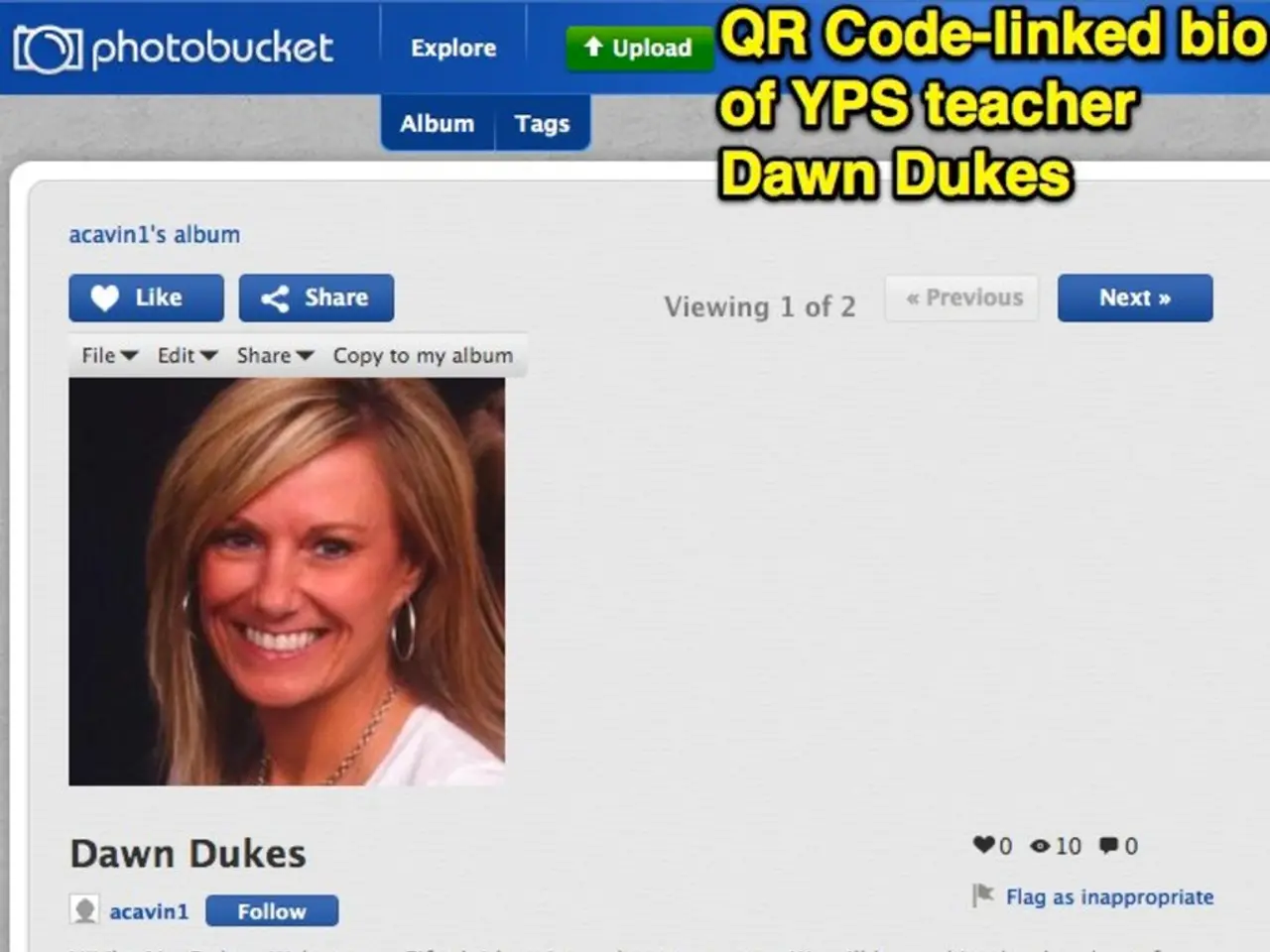AI Experimentation on AI-Driven Social Media Platform Showcasing Visual Content
In the ever-evolving landscape of technology, OpenAI is making waves with its latest announcement - the development of a new social media platform that promises to redefine the way we interact online. This emerging platform, set to integrate advanced AI capabilities, including ChatGPT’s image generation features, aims to directly compete with industry giants like Elon Musk’s X (formerly Twitter) and Meta.
Unlike its competitors, OpenAI’s approach centers on embedding AI reasoning and generation capabilities directly into a social media environment. The platform will leverage state-of-the-art, open-access models, such as gpt-oss-120b and gpt-oss-20b, which can run on consumer hardware or scalable cloud GPUs.
In contrast, Musk’s X remains primarily a traditional social media platform focused on text, images, and video sharing, without deep AI integration specifically for content generation or reasoning. Meta, on the other hand, has been developing AI-powered features, including image generation and avatar creation, mostly integrated into its metaverse and social apps. However, its open AI models like Llama have reportedly fallen behind newer open models from competitors.
The new platform, if launched, could potentially offer users a more interactive space for creativity. It is likely to offer deeper, more integrated AI-driven content creation tools and possibly novel social interactions using AI agents, setting it apart from X’s more traditional social media format and Meta’s existing AI implementations.
However, OpenAI is still in the early stages of development, so comprehensive details and user experiences are yet to be seen. The timing of this announcement, following Elon Musk’s rejection to buy OpenAI’s nonprofit parent, adds an interesting dynamic to the ongoing competition.
It's important to note that this new platform, if launched, may provide OpenAI with its own data stream for refining future models. Real-time data from users is crucial for training large AI models, as seen with Meta using content from Facebook and Instagram to power Llama, and X feeding Grok with public posts.
However, X's AI, Grok, will no longer harvest personal data from European users to train its AI, as confirmed by Ireland’s Data Protection Commission (DPC). This decision raises questions about the potential competition between OpenAI’s new platform and Grok.
Academic experiments with AI bots on social networks have shown complex social dynamics and risks like toxicity emerging from AI-driven interactions. As OpenAI and others move forward with social media applications of AI, addressing these challenges will be crucial.
In summary, OpenAI’s social platform is a new, AI-centric entrant leveraging advanced open AI models for generation and reasoning, including imagery. It is positioned to compete with X and Meta but focuses more on integrated AI capabilities and open model access. The platform remains under development with few public details on user rollout so far.
- In contrast to Elon Musk's X and Meta, which primarily focus on traditional social media features and AI integration within their metaverse and apps, OpenAI's new social media platform aims to offer a unique AI-driven experience, with a focus on content creation, AI-driven reasoning, and integrated AI capabilities.
- The integration of advanced AI capabilities, such as ChatGPT’s image generation features, into OpenAI's new social media platform could potentially create a more interactive space for creativity, setting it apart from X's more traditional social media format and Meta's existing AI implementations.




